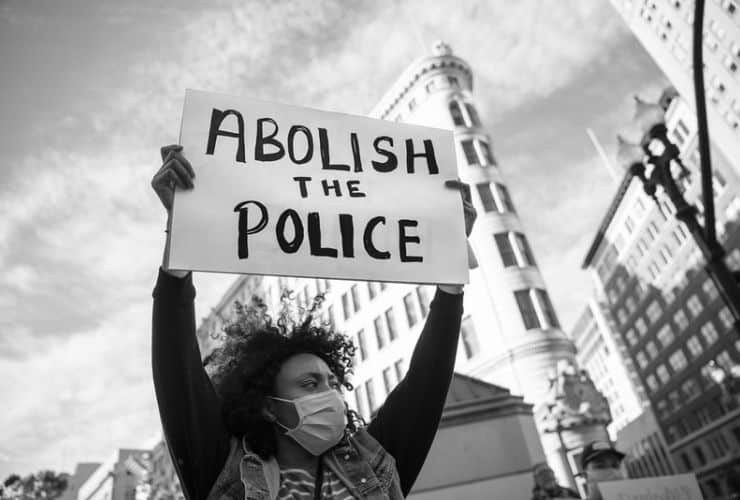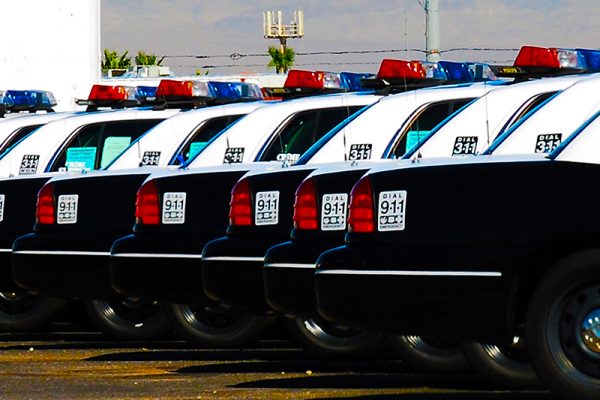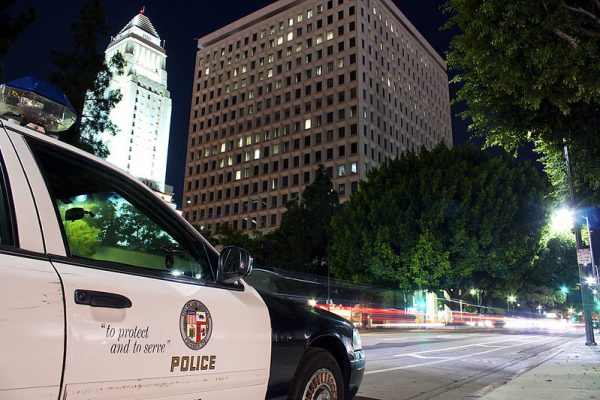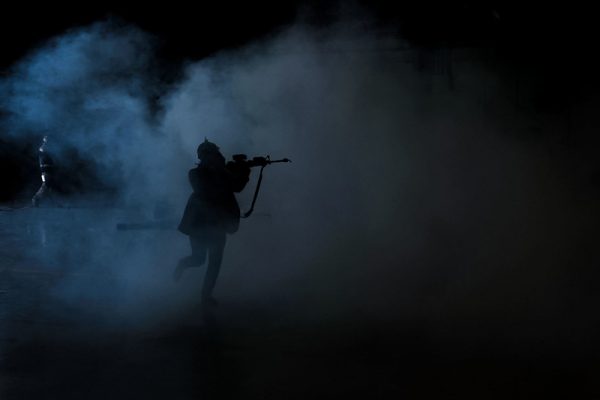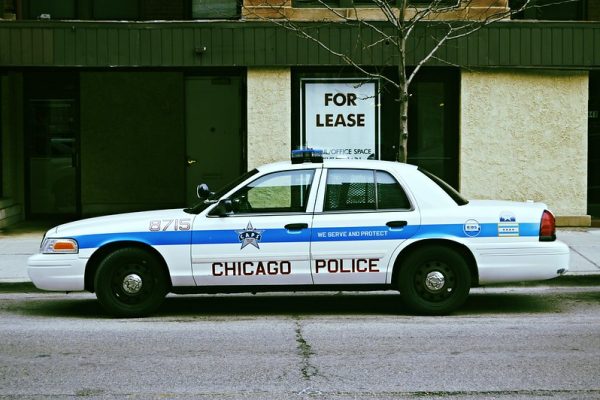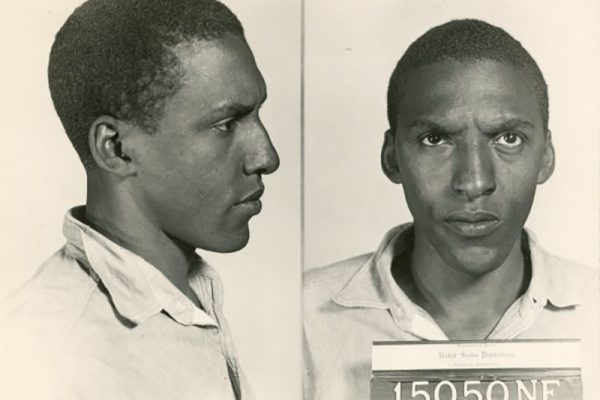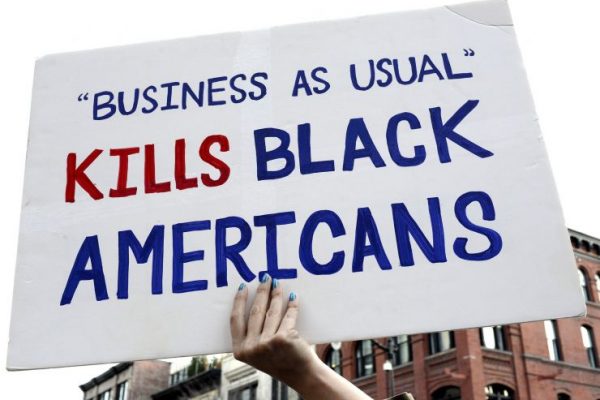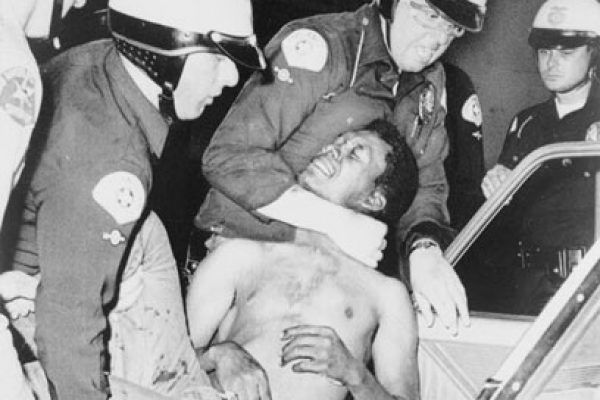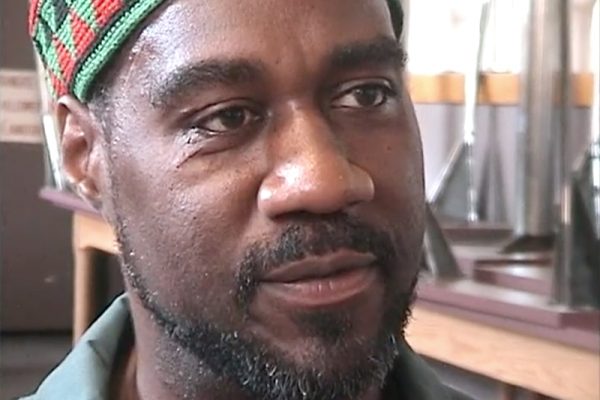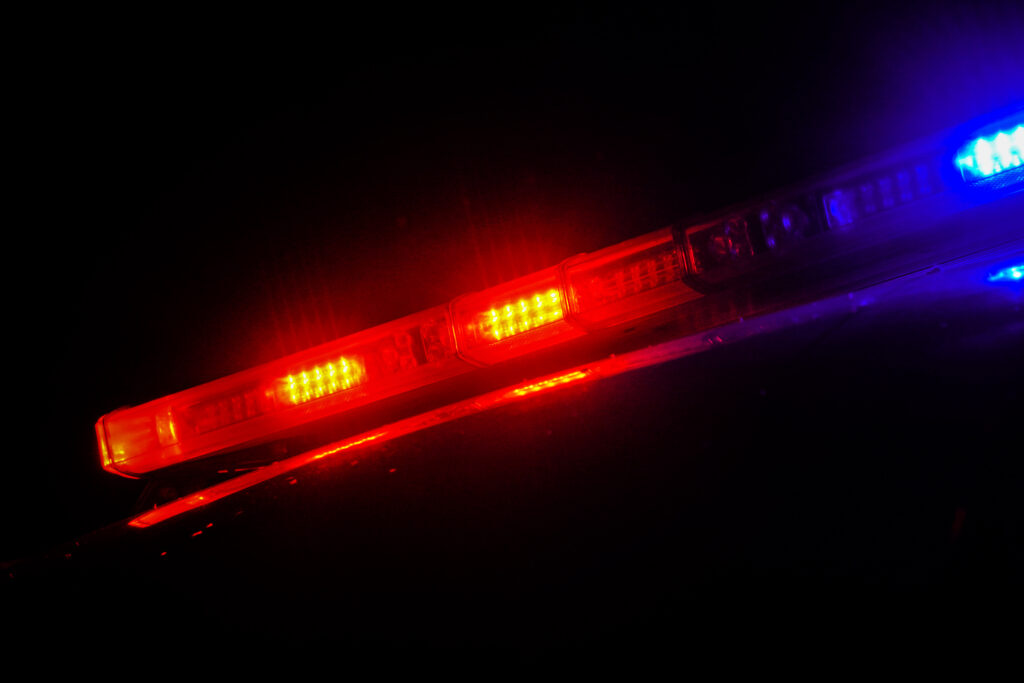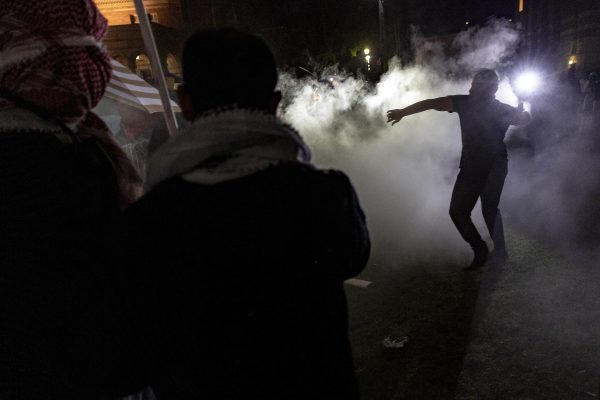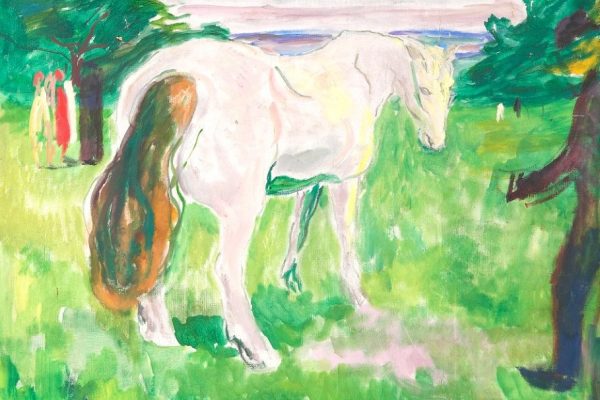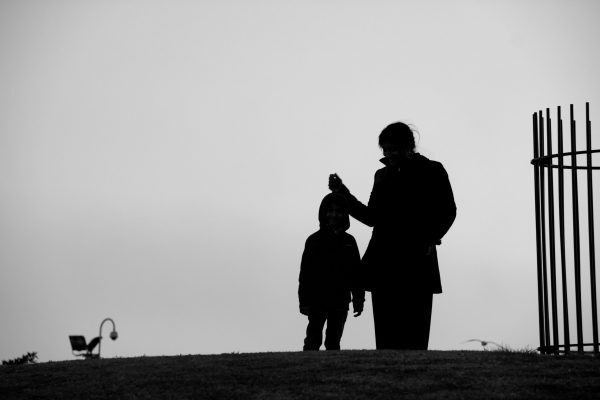As Minneapolis agrees to disband its police force and Denver votes unanimously to remove police from its public schools, police abolition has entered the public consciousness with full force and considerable support.
Today’s reading list looks at the current state of policing, with classic archival essays including Daniel Geary’s send-down of the Kerner Report and Derecka Purnell’s passionate explainer What Does Police Abolition Mean? They are joined by some of the eight new essays we published this week alone on the 2020 uprisings, including law professor Jocelyn Simonson’s argument for why police reforms will fail, and Gili Kliger’s review of a new book that interrogates Chicago’s decades-long history of police torture.
But our writers recognize that police abolition can’t occur in a vacuum, with Atiya Husain arguing that we must also demand an end to counterterrorism, and other writers explaining why mass incarceration must be abolished too. As Garrett Felber writes in his new, viral essay: “Without police, there would be no one to fill prisons and jails. Without prison and jails, the police could not serve their current purpose. Put most simply, the two are locked in a mutually dependent relationship: to serve capital, and protect themselves.”
Before the mass adoption of the car, most communities barely had a police force and citizens shared responsibility for enforcing laws. Then the car changed everything.
Reform efforts will fail. Only a power shift to communities can improve public safety.
Prison and police abolition were key to the thinking of many midcentury civil rights activists.
Abolition is not about transforming the police; it is about transforming the nation.
Bad police were not simply a symptom of racism. They were often its agents.
Jalil Muntaqim, a Black Panther imprisoned since 1971, is one of thousands of elderly prisoners the United States has refused to free during the pandemic.
